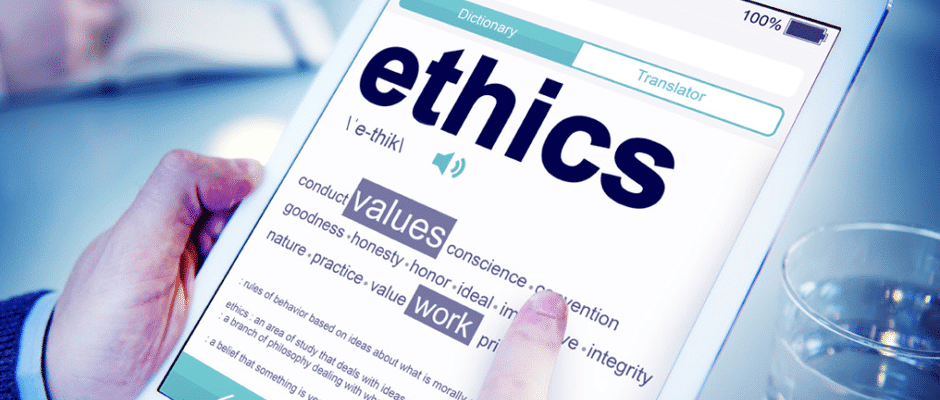Ethical Quagmire of Technology: The Lawyer’s Responsibility


If you are working on a big case and a virus corrupts your files causing you to miss an important court deadline, are you responsible for the breach? It depends.
Here’s another scenario: let’s say all of your clients’ information is stored on in-house servers and backed up on external drives that you keep in your office. And then your office burns to the ground or is ransacked. Are you responsible for the loss of client data? Again, it depends.
Under the ABA model rules, adopted in about 20 states, you have three fundamental ethical duties with regard to technology. These duties are more than likely implicit in other states as well:
The solution to meeting all of these standards is adopting what we call lean practices in your law firm. This is a two-bird-one-stone solution. Yes! Lean practices will help you reduce your overhead and develop efficient workflows. And at the same time, they also support meeting your ethical obligations as a practicing attorney.
Here’s an example: Let’s say you use Box.com, Net Documents or WorldDocs for your data management solution. You did this to save money and increase reliability and mobility compared to the servers you used to keep in your office. At the same time, the American Bar Association has assessed these providers as the best and most secure in the industry. The DOJ has also selected Box.com for its document storage solution. In other words, these companies are the gold standard of online data storage. If your preferred solution gets hacked (banish the thought! but stay with me), and your clients’ information was breached, you could feel comfortable about your ethical compliance knowing you had used the best solution available. If this is not a reasonable effort, what is?
Now, compare the decision to use a tool like Box.com with storing your data on your laptop hard drive or on a server in a closet with the Christmas decorations. When you drop that laptop into the bathtub or the closet catches fire, how reasonable is that going to seem? Especially when you had Net Documents as an alternative.
Don’t Let the Perfect Be the Enemy of the Good
Remember, if your clients’ data is breached, your obligation is to have made reasonable efforts to protect your clients’ data under the circumstances. What story do you have to tell at that point in how you tried to protect that information? If a vendor recommended by the American Bar Association and the DOJ is hacked – that’s not your fault.

It’s not about being perfect: it’s about making a best effort at securing the information. And if you have let the quest for perfection keep you from adopting leading solutions in favor of a familiar but less secure option, you have, in Voltaire’s words, let the perfect be the enemy of the good.
And what about sensitive emails you send to your clients? Are they secure, encrypted? Are you sure? And what about your wifi connection when you’re using a public account – in a Starbucks or at the airport? Are you sure that no one can jump onto your network and look into your laptop? You better be. This is crucial.
You can be confident that you are complying with the rules in these situations if you adopt lean practices. With the right base technology set-up, there are low-cost, encrypted e-mail options for your most sensitive communications. And you can make sure you have a secure wifi connection by using a mobile hotspot on your phone.
Getting Started
If all of this sounds logical in theory but you still don’t know where to begin, give me a call or shoot me an email I started LeanLaw with the mission that every lawyer should have a lean practice. We stand ready to help your solo practice or small firm get lean.
Join the LeanLaw Movement!
Gary Allen, Founder and Practicing Attorney